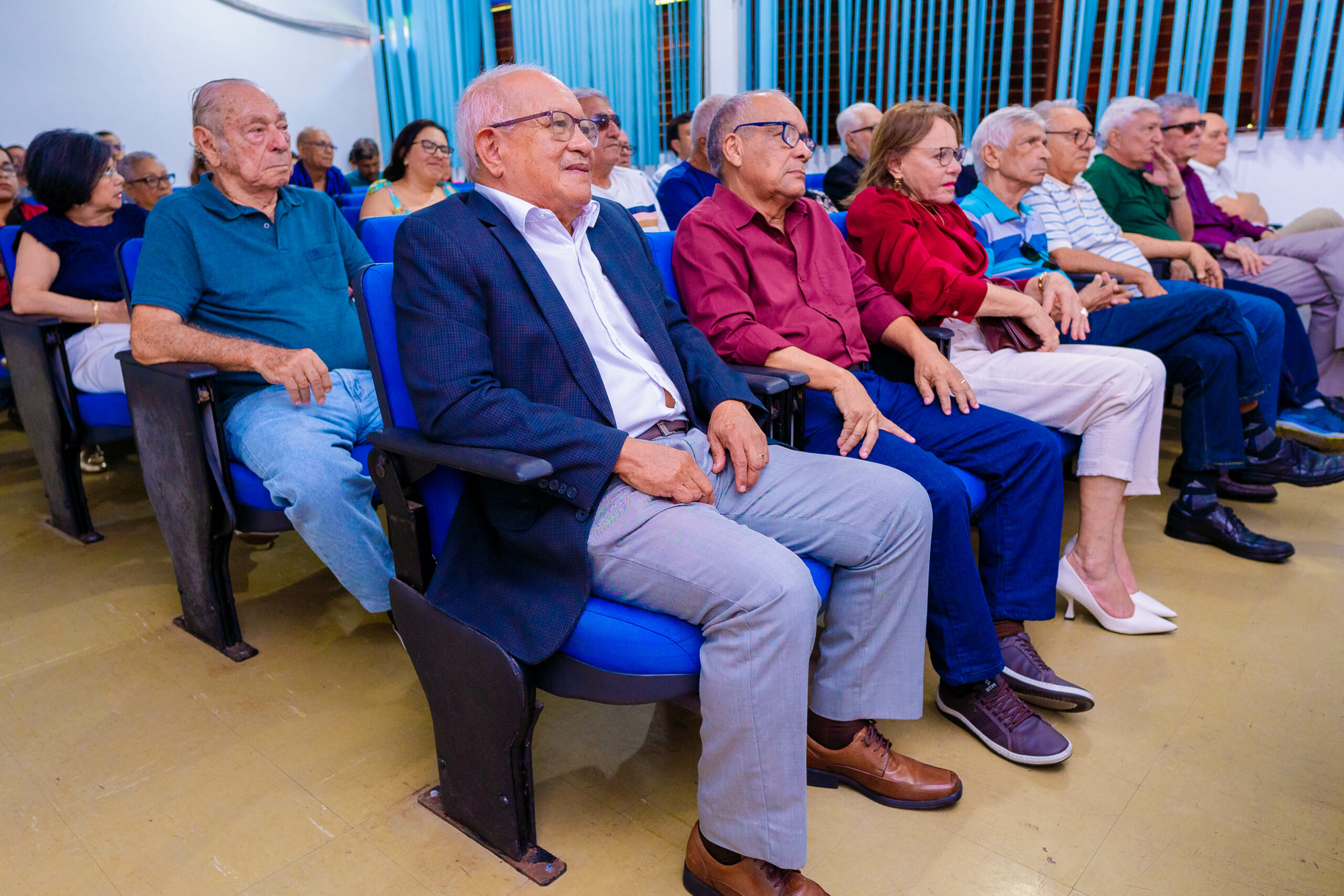

A farm in Cascavel, Paraná, Brazil, known as the São Domingos Farm, will finally become an agrarian reform settlement for the Landless Rural Workers' Movement (MST) after 25 years of occupation and eviction threats. The 479-hectare area, currently owned by the Festugato family, will be acquired by the state for the purpose of agrarian reform. The fate of the 71 landless families living in the resistance community has been uncertain since 1999, with the constant threat of eviction hanging over them. However, a recent decree issued by the National Institute for Colonization and Agrarian Reform (Incra) has paved the way for the regularization of the area and the families becoming official settlers [5600a834].
The process of acquiring the São Domingos Farm by Incra was initially proposed in 2015, but it faced delays due to political changes and the government's failure to make the necessary payments. The families have faced numerous challenges and setbacks over the years, including the impeachment of former President Dilma Rousseff and the election of President Jair Bolsonaro. In 2019, they received an eviction notice, which prompted them to organize a months-long vigil to defend their territory. The vigil was successful in gaining the support of the judge overseeing the case, who visited the encampment and wrote a favorable report. Additionally, the COVID-19 pandemic temporarily suspended evictions in the country. In 2022, an agreement was reached between the MST and the Court of Justice's conflict mediation group, allowing the families to retain part of their land and offering the opportunity for the Peasant Resistance area to be purchased by the Federal Government for agrarian reform. The fate of the settlement was finally determined in 2024 when Incra issued the decree to acquire the farm [5600a834].
The news of the regularization of the São Domingos Farm has brought joy and relief to the families who have been fighting for their rights for over two decades. The settlement not only provides a home for the families but also supports their agricultural production, including a cassava agro-industry that was established during the COVID-19 pandemic. This victory is seen as a significant achievement for the MST and a symbol of the ongoing struggle for land reform in Brazil [5600a834].
In other news, the University Estadual do Maranhão (UEMA) recently held a ceremony to honor the first graduates of its Agronomy Course. The event, attended by UEMA rector Walter Canales and the president of Apruema, celebrated the contributions of Professor Dr. Manoel Gomes de Moura to the university. During the ceremony, UEMA professors were awarded the Graça Aranha Medal. The rector also visited construction works on the Caxias Campus with the university's infrastructure team [f1137710].